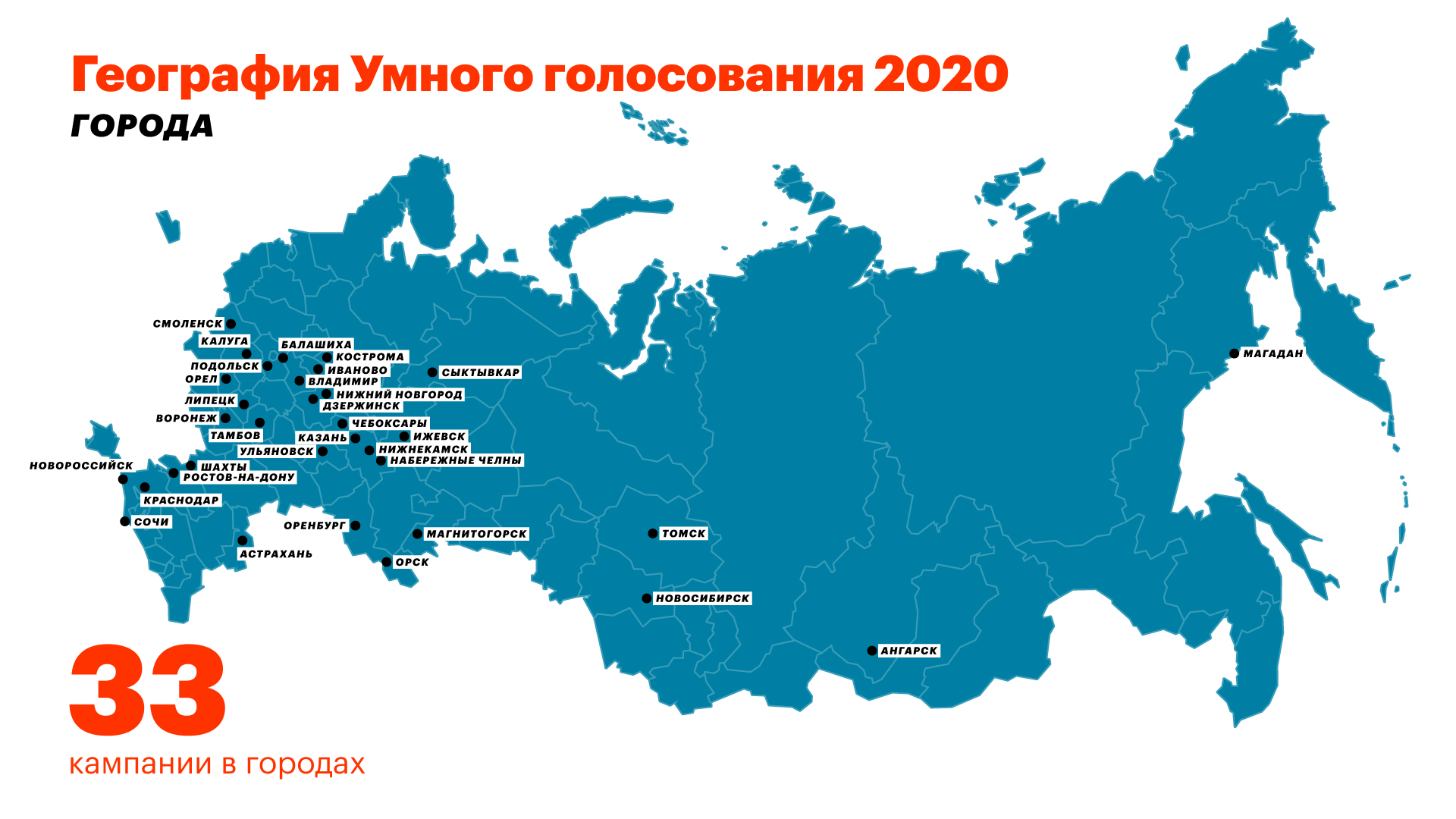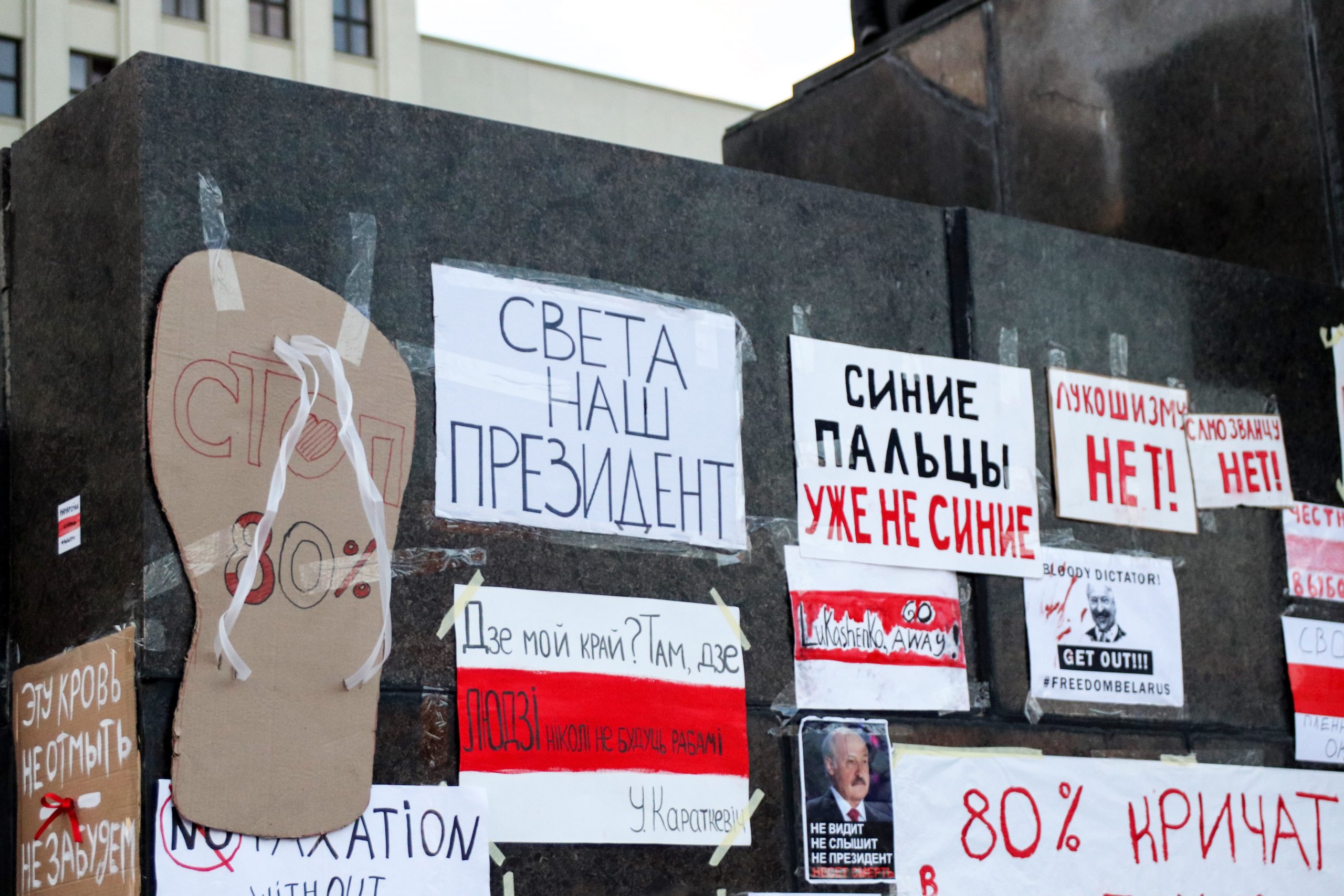Liberal Mission Foundation published a new report on the situation in Russia after the 2021 Duma election – “New Reality: Kremlin and Golem. What do the election results tell about the socio-political situation in Russia.”

Margarita Zavadskaya was one of the authors of the report and wrote the part titled “The Party of People’s Mistrust: Components of the CPRF Success”. The text is based on the media monitoring we have conducted during summer 2021.
Under the conditions of complete “clean-up” of the political sphere, CPRF became the main beneficiary of the Smart Voting. Threat from the Communists, supported by the Smart Voting, affected the media campaign strategy of the federal tv-channels: if the start of it was quite peaceful, the last week before the elections the political coverage was mostly concentrated on discrediting the CPRF, 70% of whose mentions were negative. The Communists success hardly speaks of the “leftening” of the electorate, more likely the CPRF became a “focal point” for the protest regardless of the ideological positions of the protesters or even the Smart Voting recommendations. Consolidation of the “electorate of mistrust” atound the CPRF was promoted by both the weakening of LDPR’s oppositional rhetorics and the Communists’ position regarding the mandatory vaccination. All in all, the current social situation and Kremlin’s harsh strategies deprive the elections from their standard functioning – they are not a mechanism of cooptation of the moderate opposition. The cleavage between the political composition of State Duma and reality will be maintaining the tension and irritation. Scared of repressions and annoyed citizens will enter political nibernation until the new window of political opportunities emerges.
Her text can be read online in Russian.



